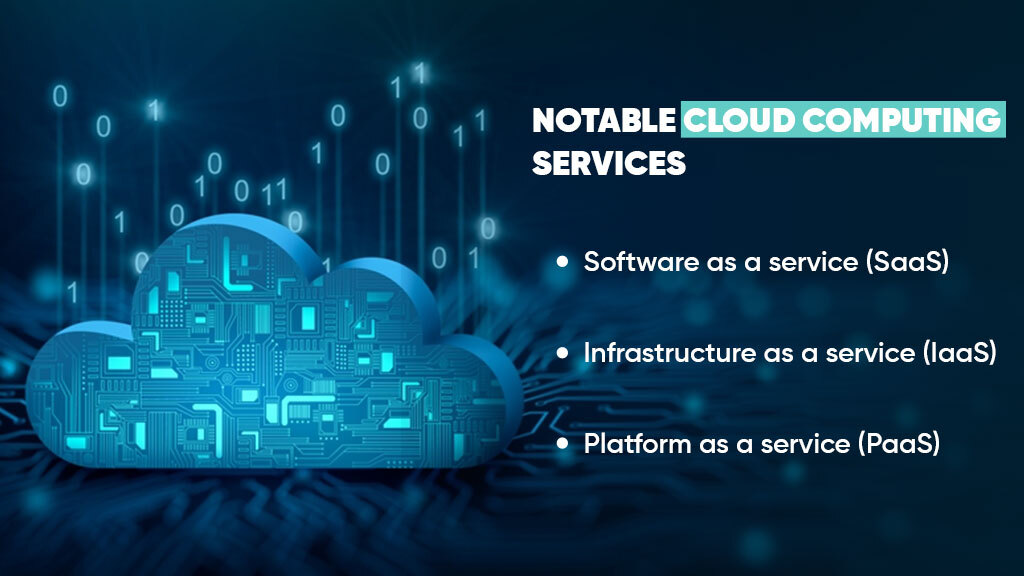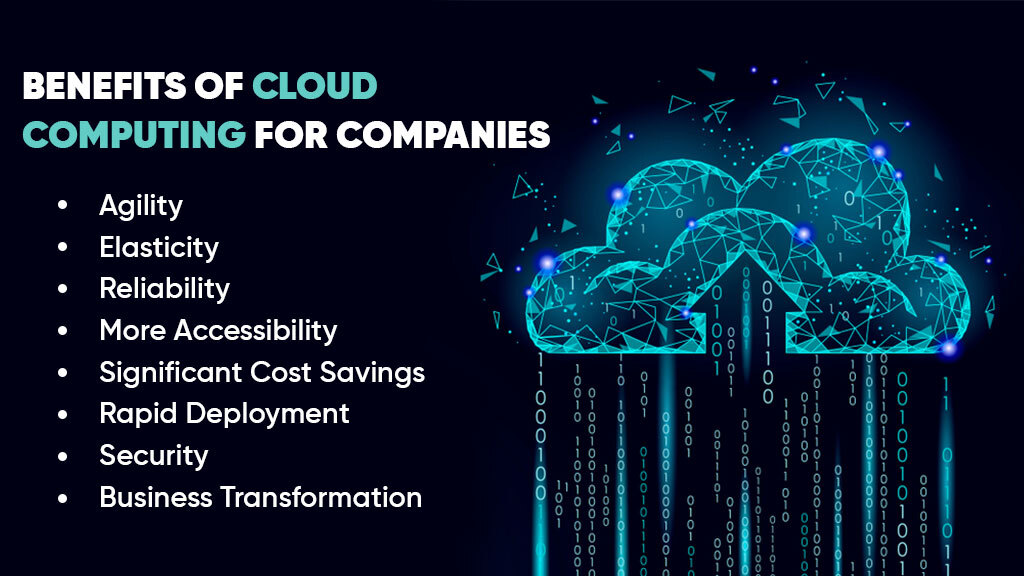Migrating to the Cloud: Powering Customer Innovation
The migration process involves the migration of data and applications into a cloud environment either on-premises or off-premises. It helps in managing and processing data over the cloud by utilizing cloud computing powers.
Data migration has a lot of benefits associated with it such as better data ingestion with multiple data types and values. The facility to scale computing powers with just a single click, Reduced the costs of data management data processing, and eased data engineers, data scientists, and data analytics to transform data into insights within project deadlines.
Are you ready to migrate your on-premises data to off-premises? Let’s migrate your traditional infrastructure to a modern cloud data lake or data warehouse with Odyssey Analytics cloud computing services.
Frequently Asked Questions
What is the disparity between cloud computing & traditional computing?
In traditional computing, applications, and data are stored and processed on local (on-premises) computers or servers. In cloud computing, applications, and data are stored and processed on remote servers that can be accessed over the internet.
How do I know which type of cloud service is right for my business?
The type of cloud service that is right for your business depends on your specific needs and goals. Public cloud services are often the most cost-effective option, while private cloud services offer more control and security. Hybrid cloud services can be a good option for businesses that require a mix of both.
Can cloud computing services help me save money?
Yes, cloud computing services can be a cost-effective solution for businesses. By using cloud services, businesses can avoid the upfront costs of purchasing and maintaining hardware and software, and pay only for the services they need.
How do I migrate my existing applications and data to the cloud?
Migrating to the cloud can be a complex process, but many cloud services providers such as Odyssey Analytics offer tools and services to help businesses migrate their applications and data. It is important to plan the migration carefully and address any challenges that may arise.



